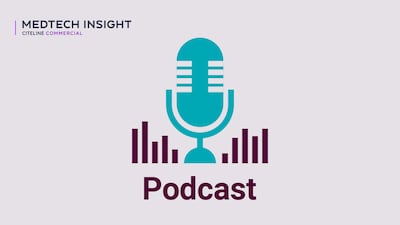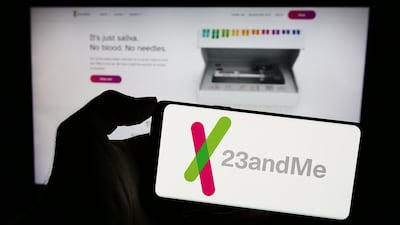The health of financial markets depends on the principle that there are two sides to every story – the buyer’s and the seller’s. When one industry is up, another is down. When venture capitalists shift their money out of one market, they move it into another. Well, that might be good for investors, but it’s tough on the start-ups left behind. Young companies operating in the life sciences industries have recently been suffering from the exodus of traditional VCs from the sector. Many VCs say that going forward they’ll de-emphasize medical device investing in favor of health care and IT because medtech is just too risky and expensive these days, given health care reform, a more stringent FDA, and financing risk. START-UP conducted a life sciences venture capital survey in 2011, which revealed that two-thirds of respondents have already committed at least half of the capital in their current funds. In addition, many are pessimistic about the prospects for raising new funds. Prospect Venture Partners, Scale Venture Partners and others have opted not to raise new funds going forward. (See Also see "START-UP's 2011 Life Science Venture Capital Survey: Device Investors Feel The Sting Of FDA, Economy And Reform" - Scrip, 1 September, 2011..)
In 2011, private investing in medical devices was still strong. Investors placed $2.86 billion in some 156 private medical device investments (the actual number of financings is a bit larger, but those are the transactions for which Elsevier’s Strategic Transactions has assigned a value.) Diagnostics deals, too, attracted capital in 2011; 22 private diagnostic financings collectively brought in $355.06 million. These dollars were up – way up – from last year’s slump. In 2010 a total of $1.86 billion was invested in 139 private medical device financings
Read the full article – start your free trial today!
Join thousands of industry professionals who rely on Medtech Insight for daily insights
- Start your 7-day free trial
- Explore trusted news, analysis, and insights
- Access comprehensive global coverage
- Enjoy instant access – no credit card required
Already a subscriber?







